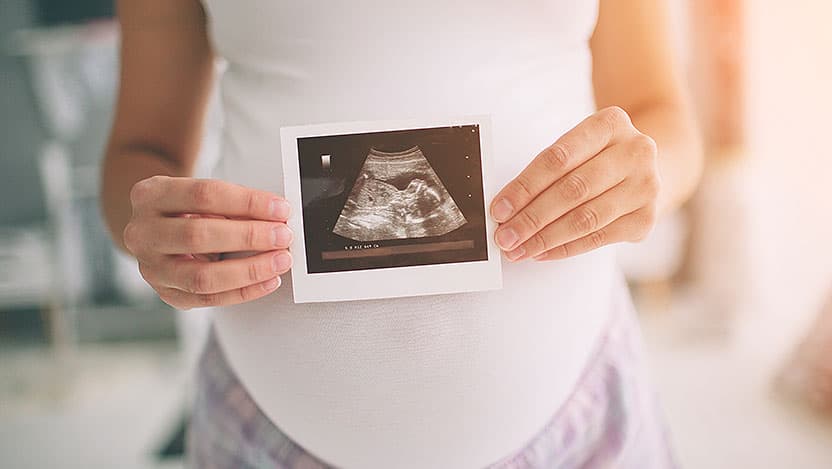Should I have prenatal screening and genetic testing?

The ultrasound and reproductive genetics program at the University of Chicago Medicine offers fetal imaging, high-resolution ultrasound, diagnostic fetal genetic testing and genetics consultation.
As director of ultrasound and genetics at UChicago Medicine, I lead a team of physicians, nurses, ultrasound specialists and genetic counselors at our Fetal and Neonatal Care Center. Here are answers to questions we often get about prenatal screening, diagnostic genetic testing and genetics consultation.
What does prenatal screening tell me?
Prenatal screening tests — maternal blood tests and ultrasound exams — can safely determine whether a baby is at risk for genetic abnormalities, such as Down syndrome and cystic fibrosis, or specific birth defects, such as spina bifida. It’s important to note that these routine screening tests only provide a probability that a condition exists. The results can help a couple decide if they want to pursue a diagnostic genetic test such as amniocentesis or chorionic villus sampling (CVS).
What happens if I get a “positive” result?
A positive result does not necessarily mean your baby is affected. Rather, it indicates that the chance of a baby having a condition is increased. Our genetic counselors can assist you in understanding the results and answer any of your questions. Although most of the conditions detected in prenatal screening are not inherited, information regarding your family and your pregnancy history are reviewed. The team also will discuss the options for diagnostic testing, including amniocentesis, CVS and diagnostic ultrasound.
What would I learn from diagnostic testing?
Amniocentesis and CVS can tell for sure if a chromosome abnormality is present. The benefit is they can provide a yes or no answer, rather than a risk assessment. Because they are invasive procedures, there is a slight risk for complications.
Reasons to consider having diagnostic tests include a mother’s age, family history, an abnormal finding on the ultrasound or maternal blood test, or simply the desire for more information. A prenatal diagnosis may help the pediatricians who will care for your infant. For example, if a congenital heart defect is detected, a pediatric cardiology team can prepare for heart surgery at the time of birth.
A 3D diagnostic ultrasound allows the ultrasound specialist to view the baby’s skin and outward appearance. A 4D ultrasound shows the baby’s movement in real time. Conditions such as cleft lip can be identified with diagnostic ultrasound.
When is genetic counseling beneficial?
Genetic counseling may be especially helpful to women who have an abnormal ultrasound findings; a screening test that indicates a high risk for fetal chromosomal abnormalities; a family history of genetic conditions or birth defects; or positive genetic carrier screens.
A genetic counseling or consultation appointment can help you learn whether your baby is facing an increased chance of genetic issues or birth defects and decide on next steps.
Genetic counseling and ultrasound can be beneficial for women throughout their entire life cycle, not just during pregnancy. We offer non-pregnancy ultrasounds for endometriosis, pelvic pain, fibroids and abnormal bleeding as well as genetic consultation for heritable gynecological cancers (breast, ovarian, and uterine), connective tissue diseases (Ehlers-Danlos syndrome, Marfan syndrome, and Loeys-Dietz syndrome) and infertility.
Coordinated Care for Complex Fetal Conditions
Our Fetal and Neonatal Care Center provides prenatal consultations and the highest level of care for babies facing critical health challenges.
Fetal & Neonatal Care Center